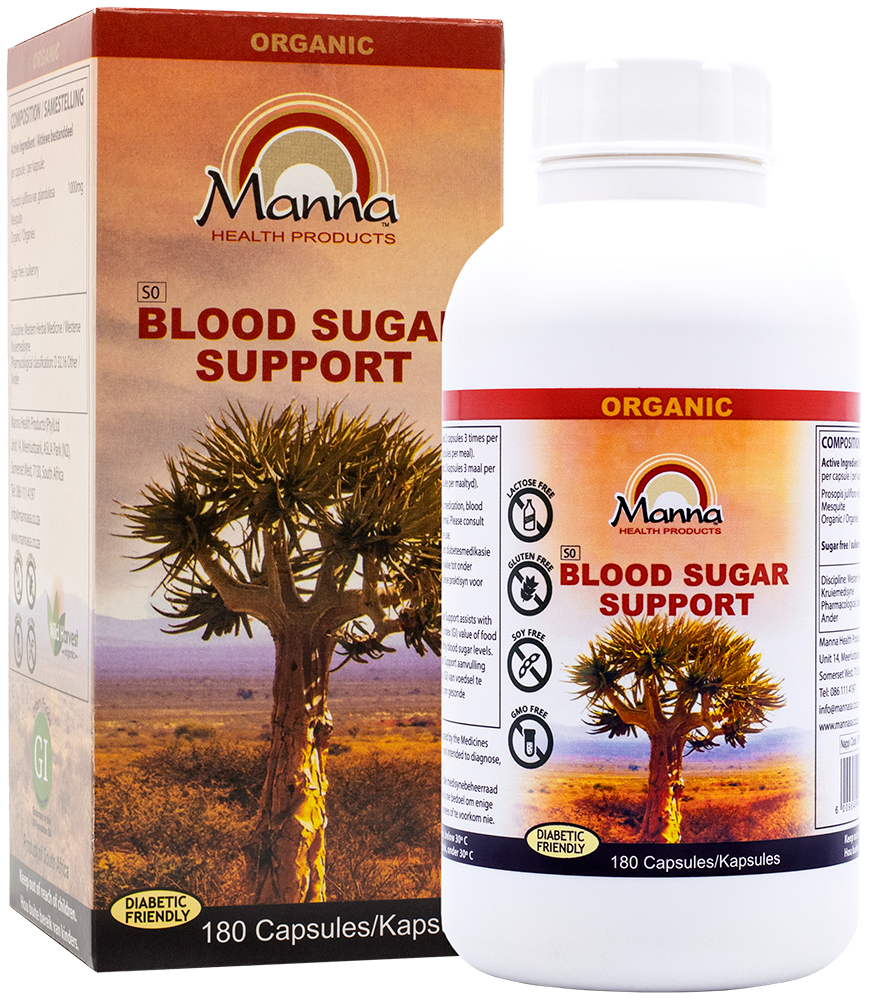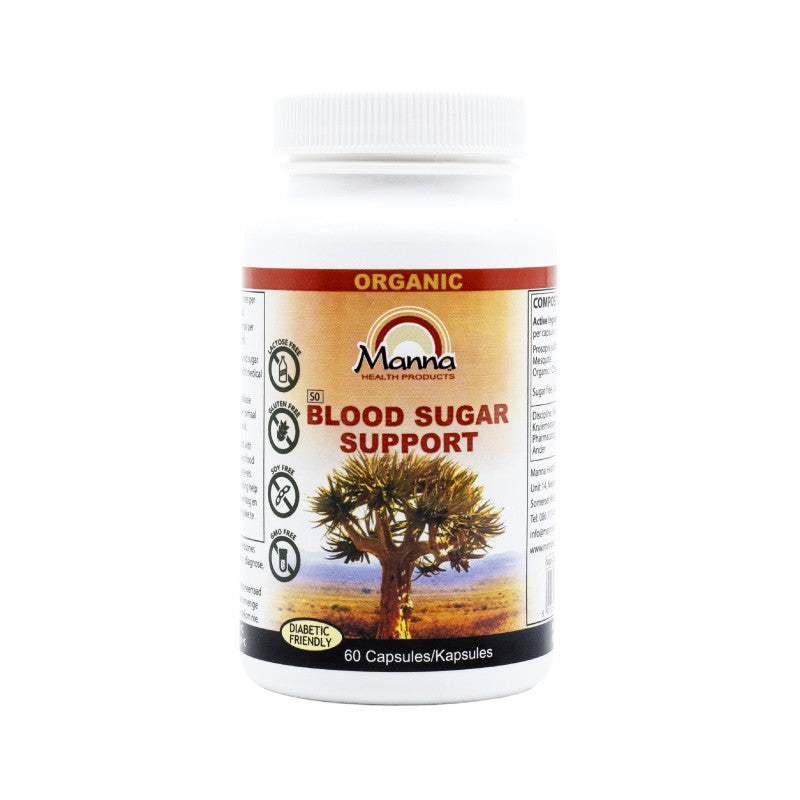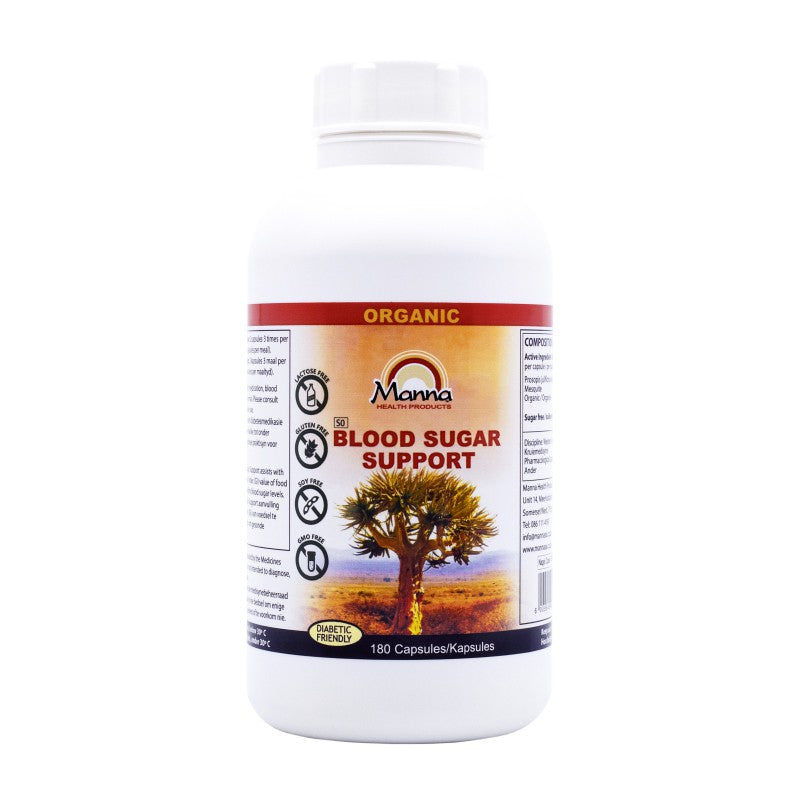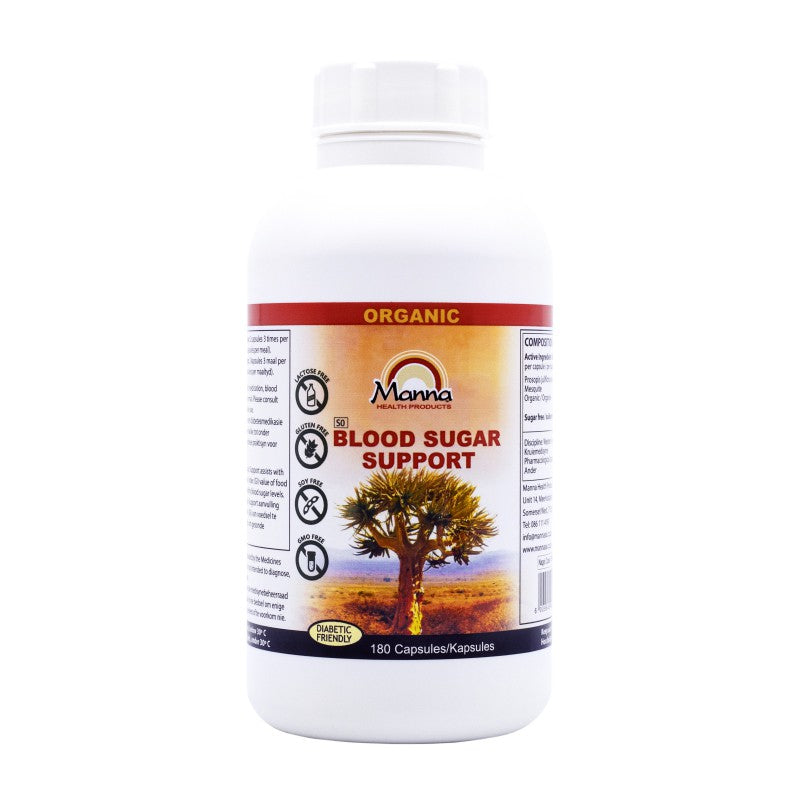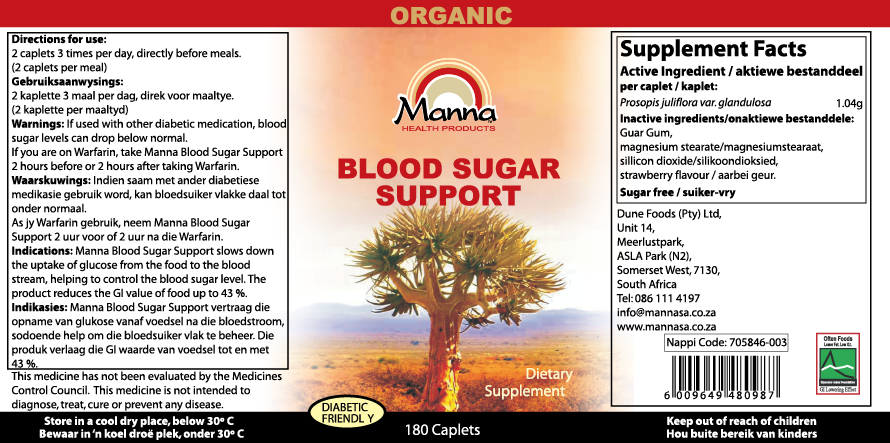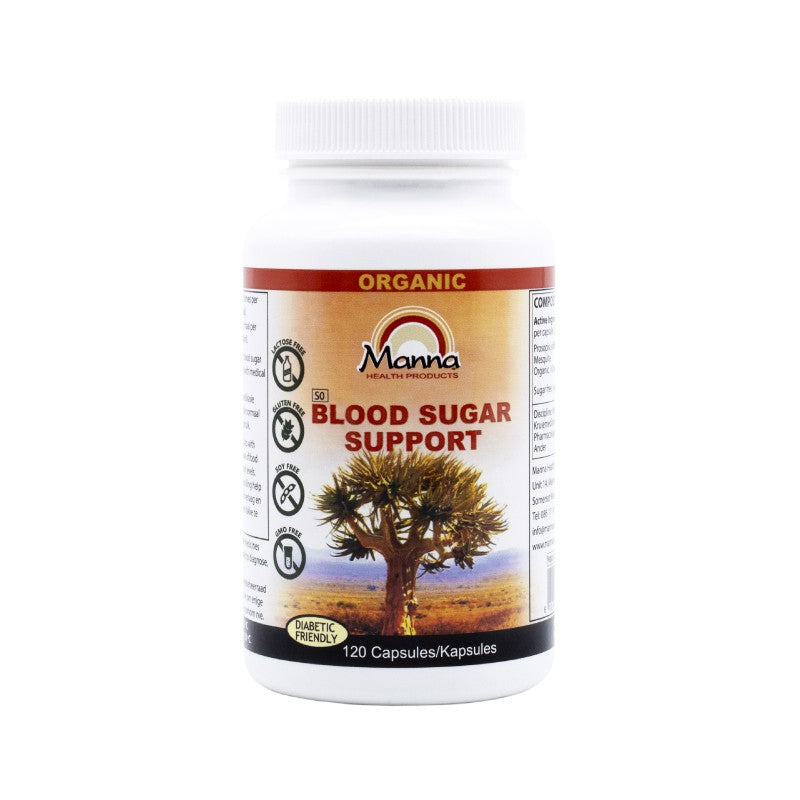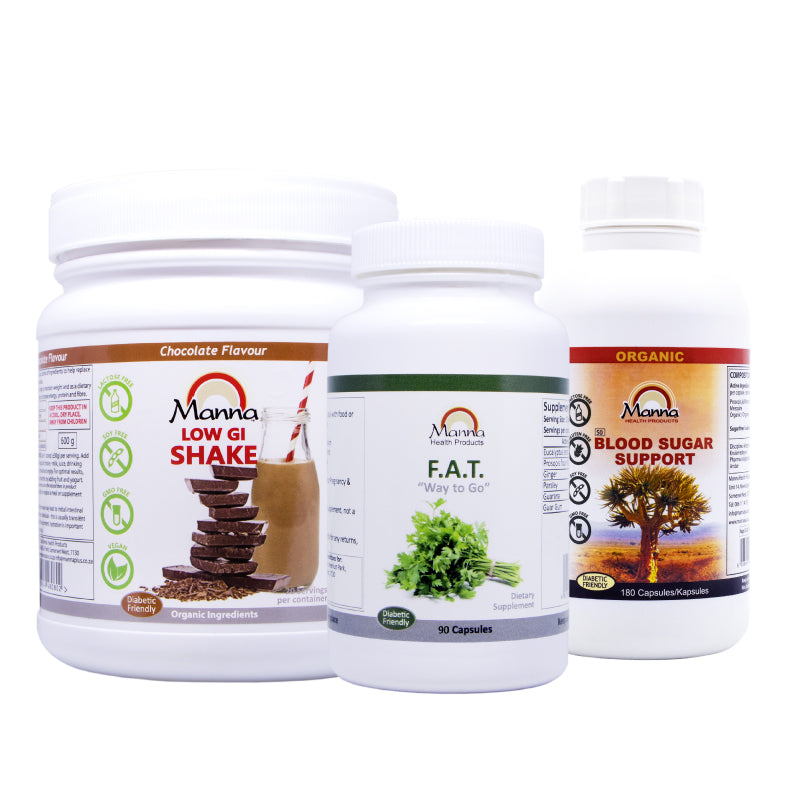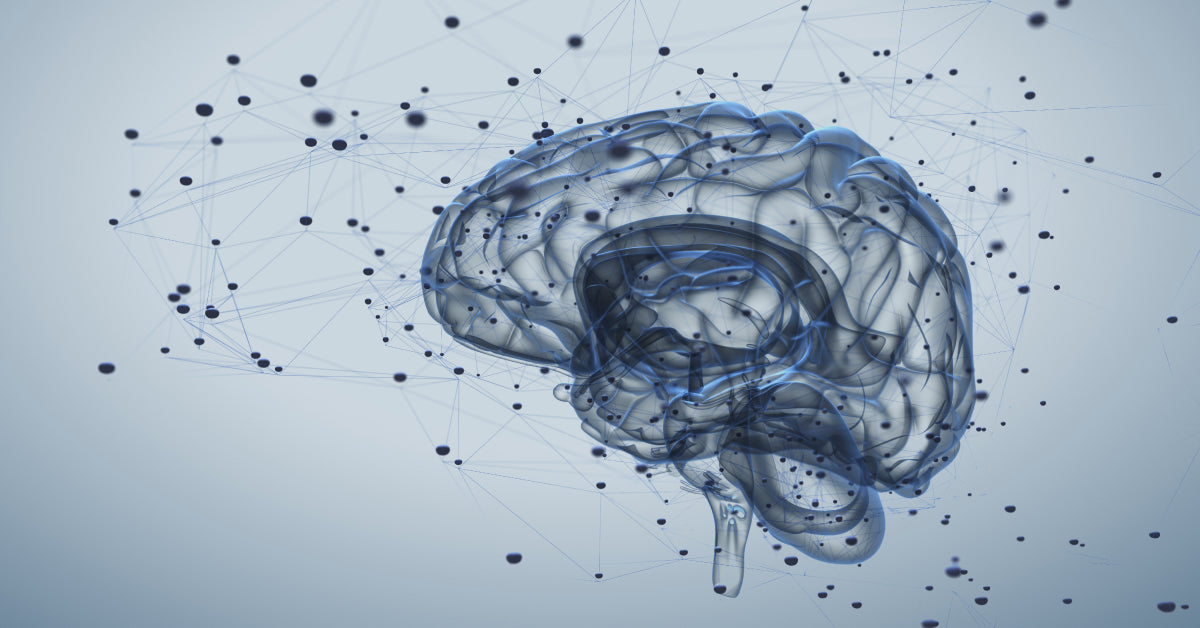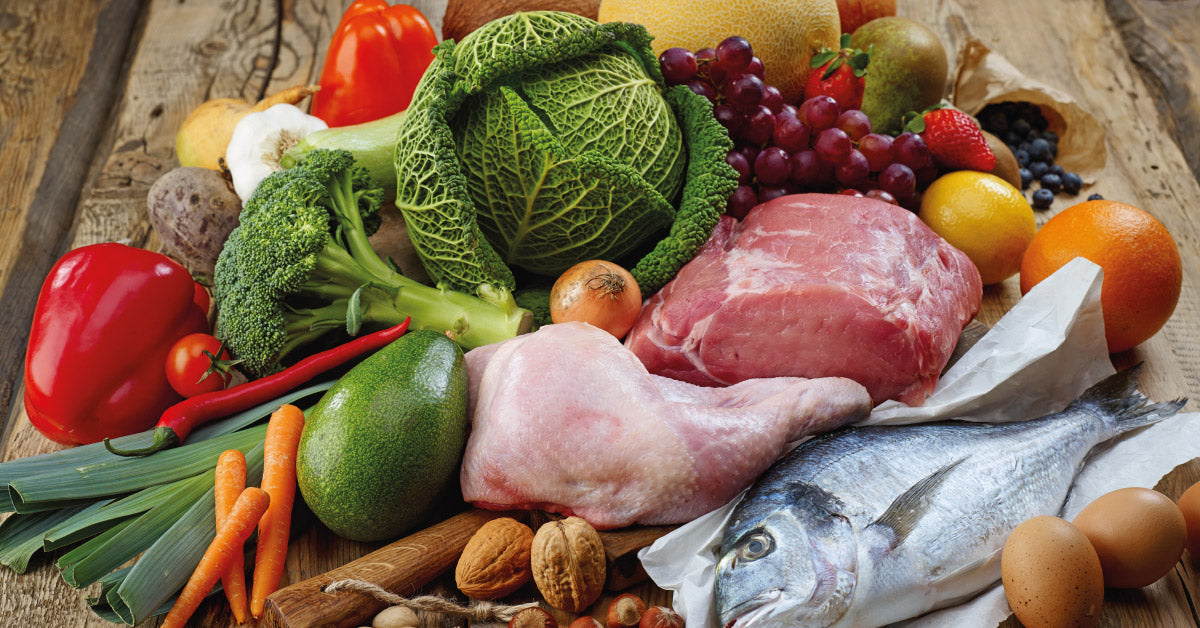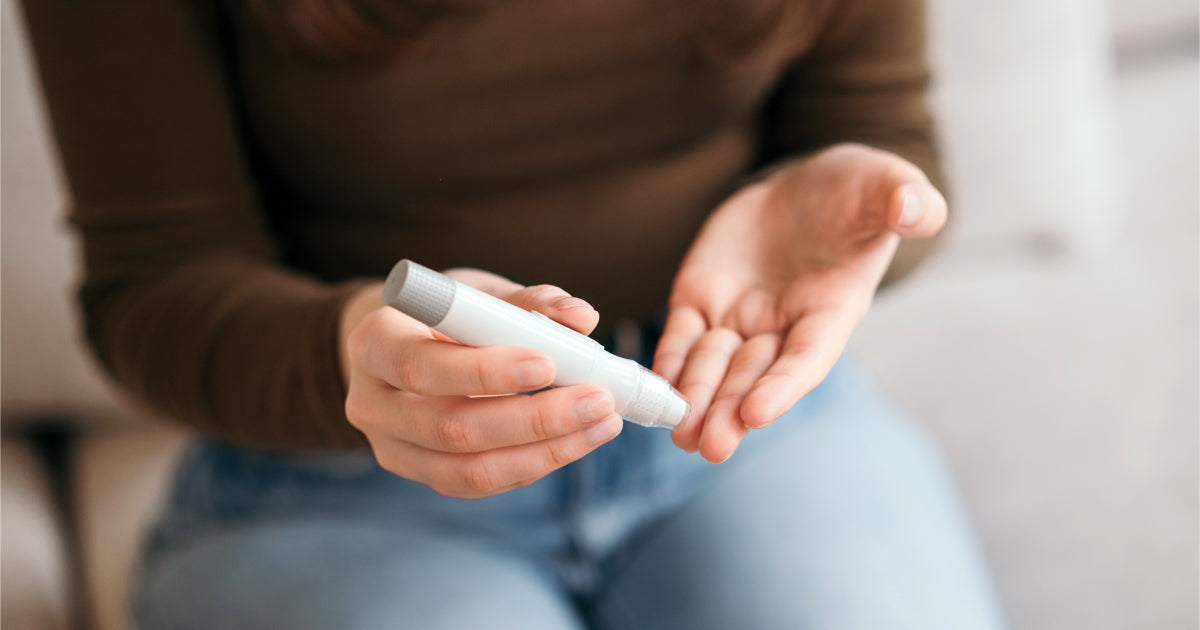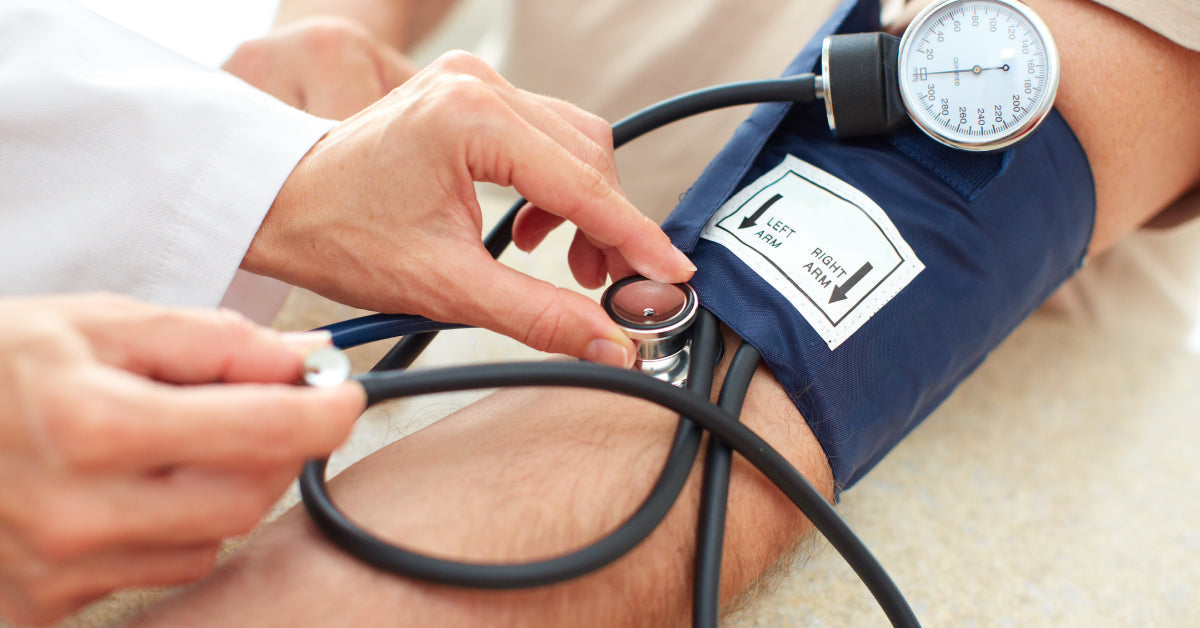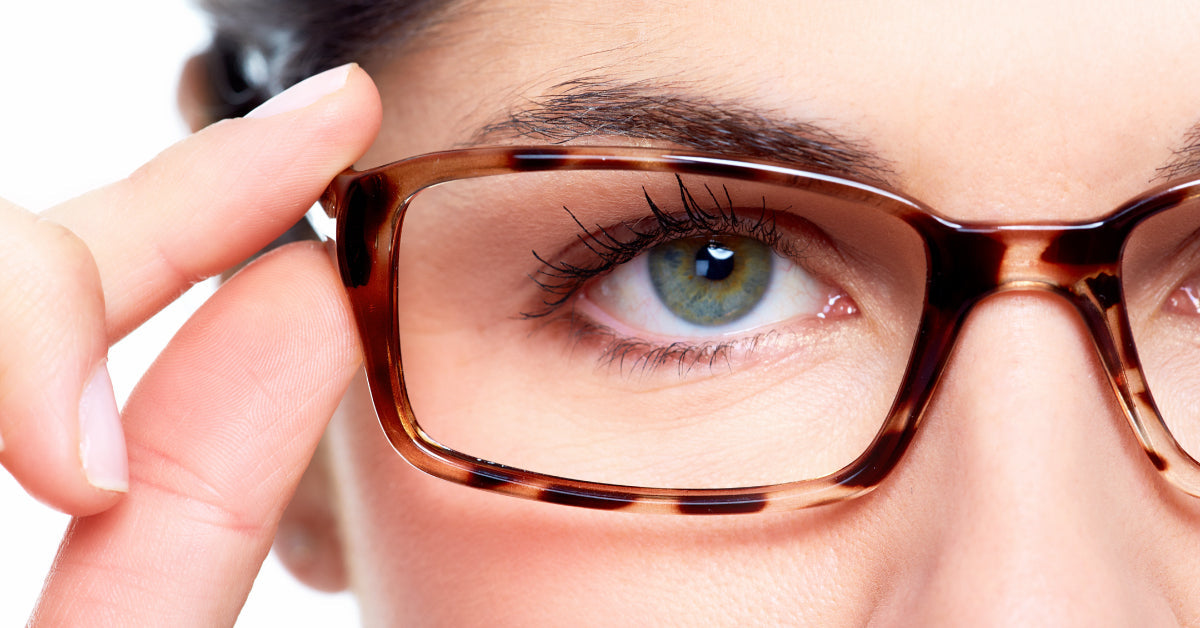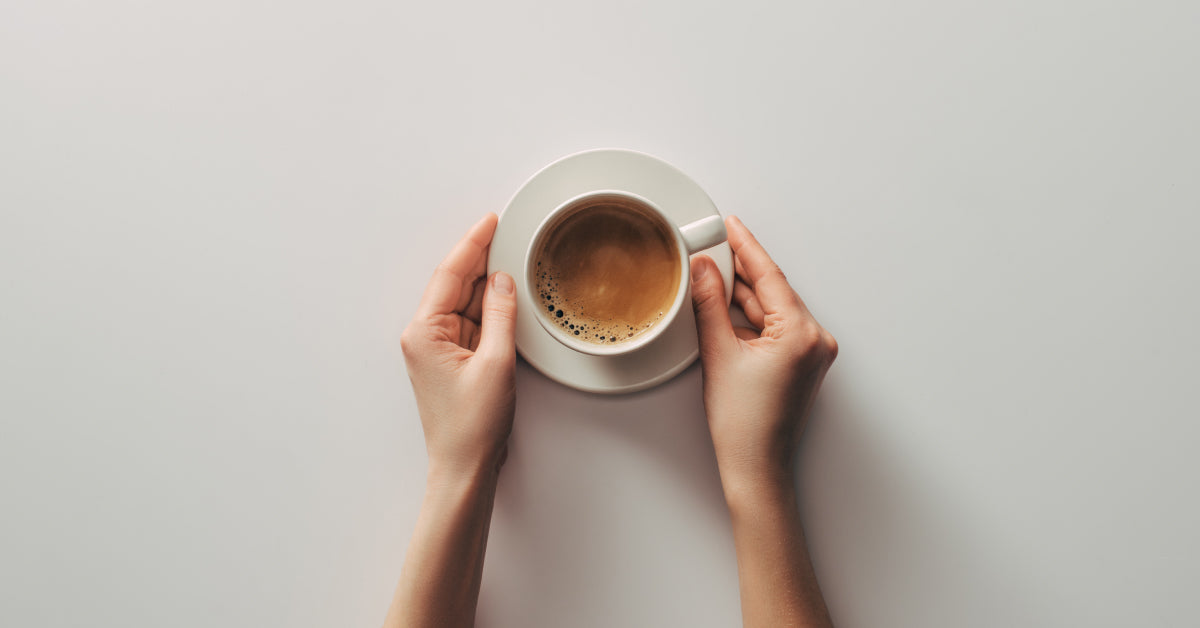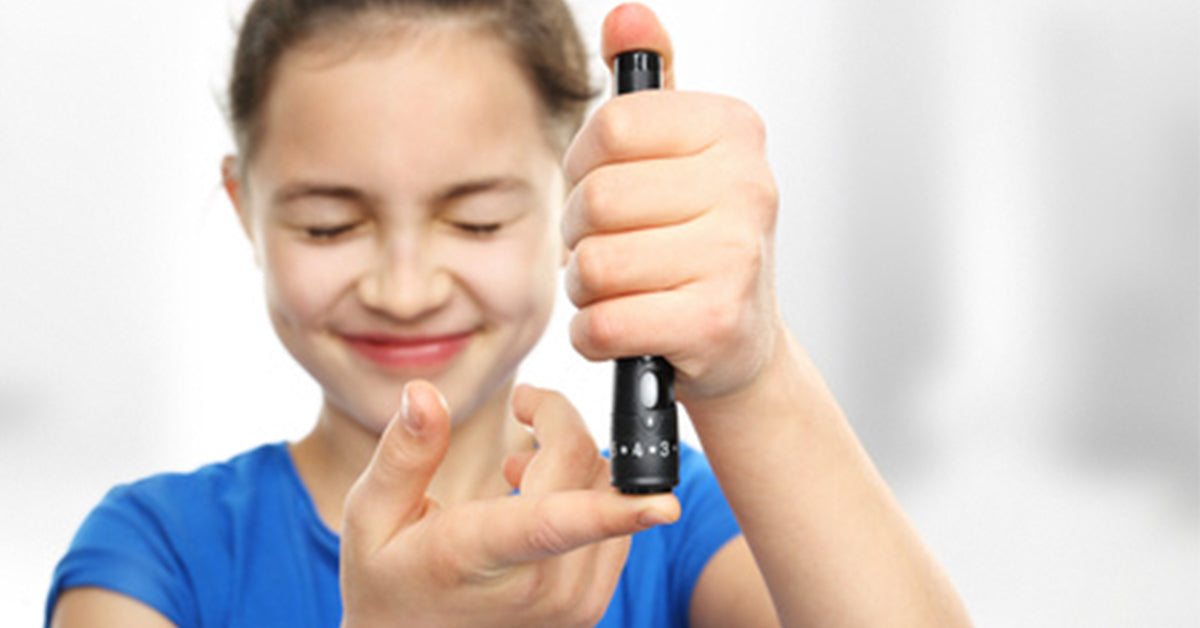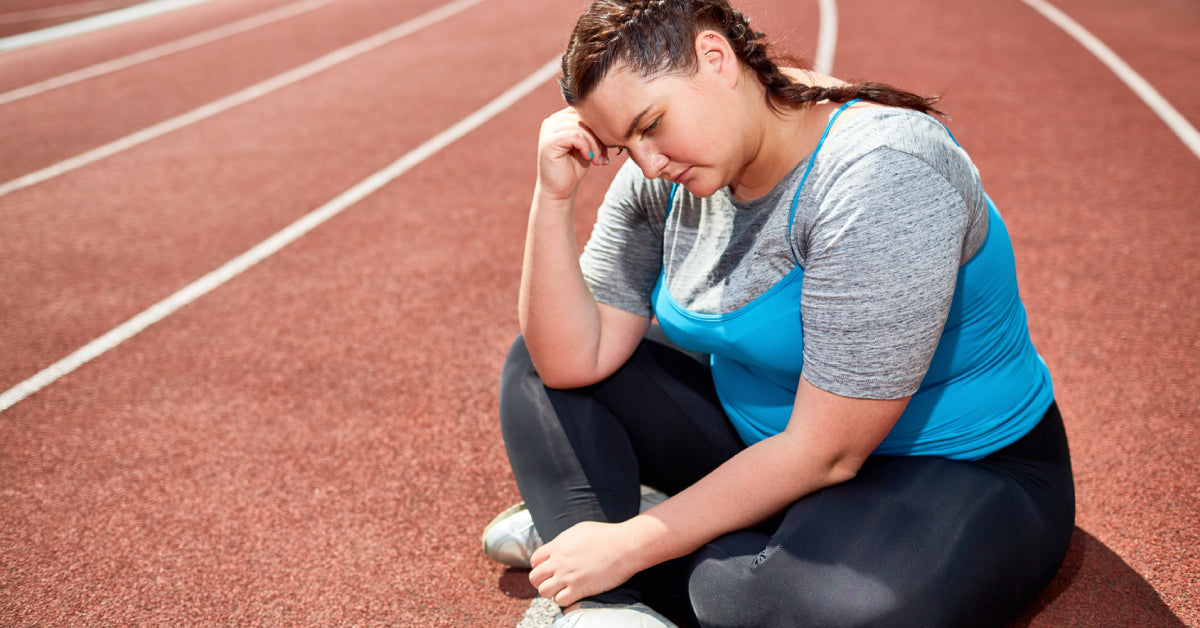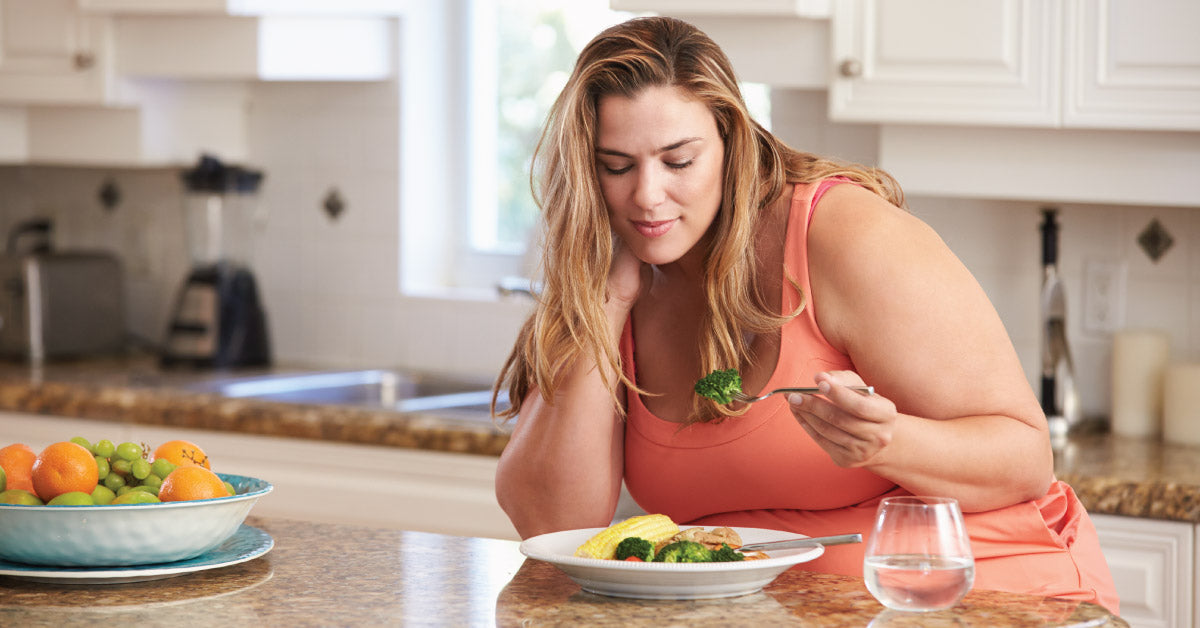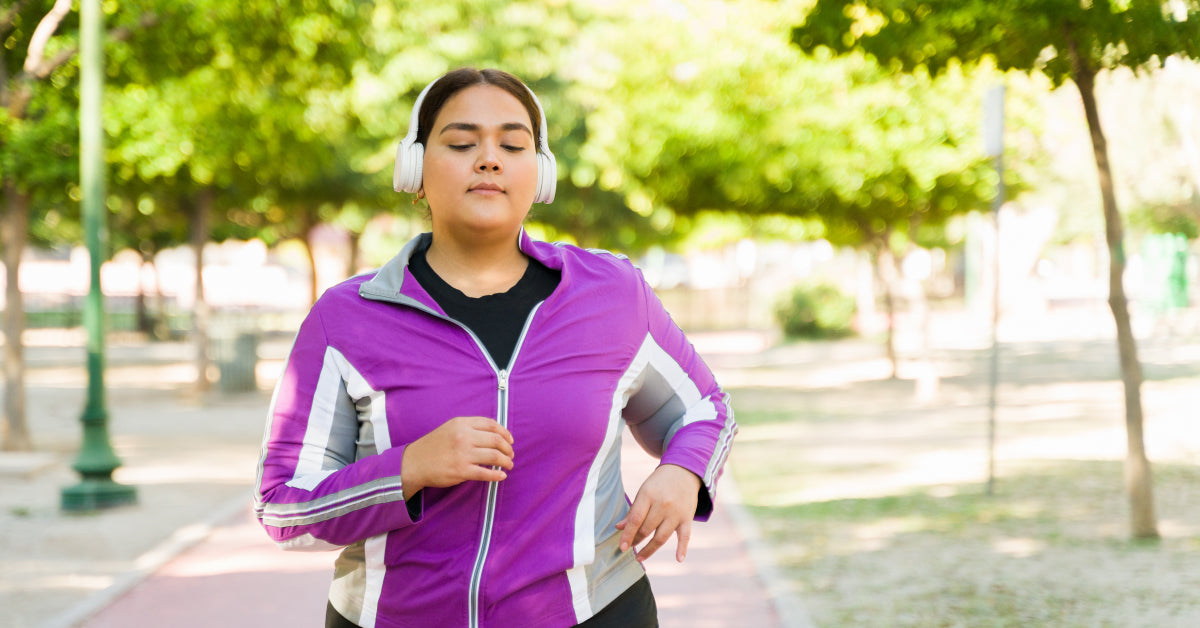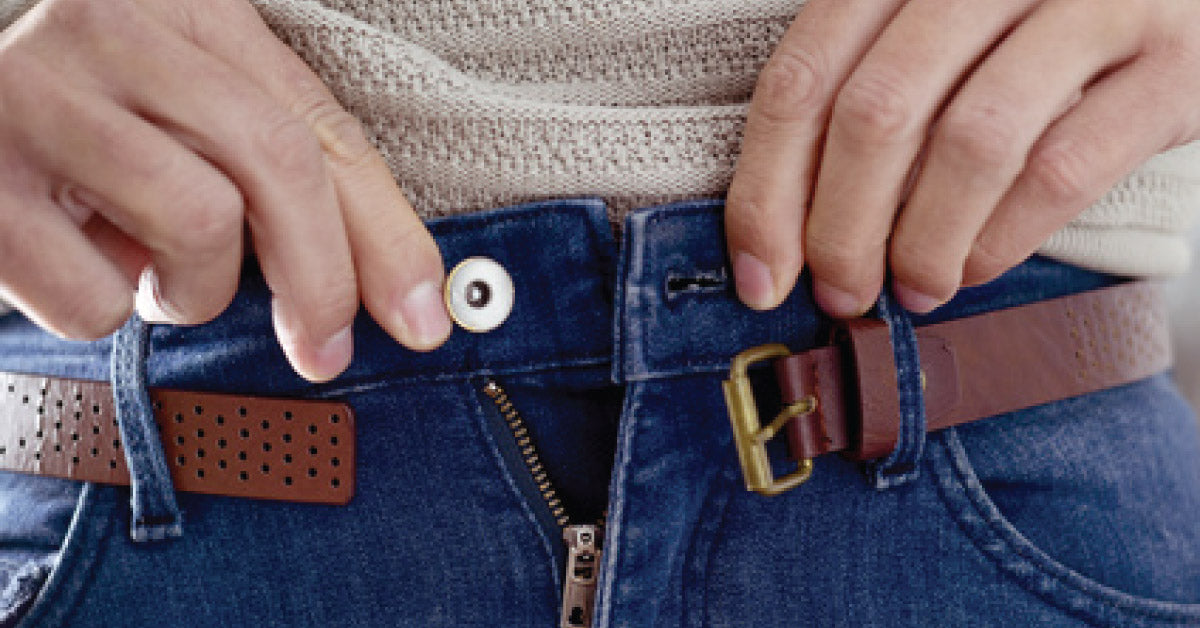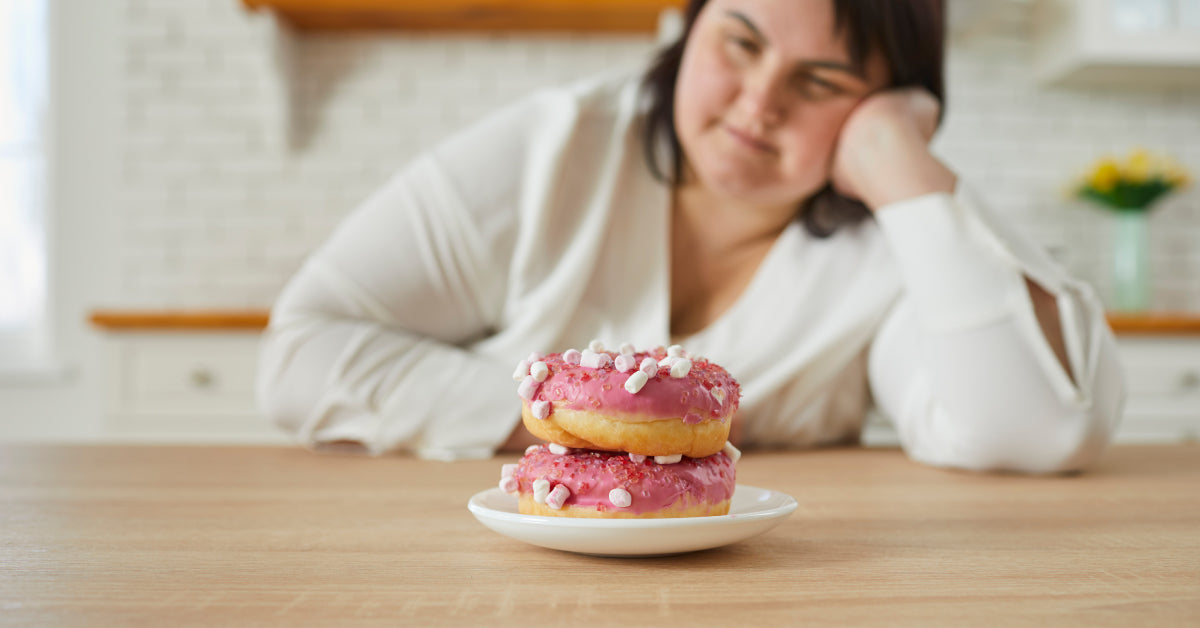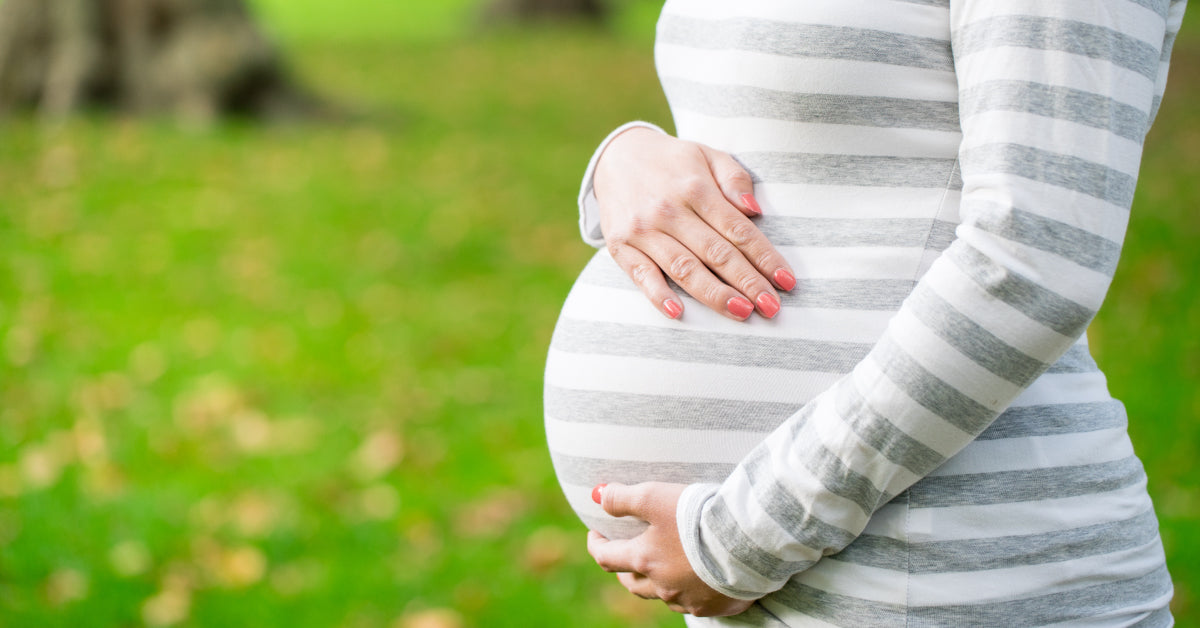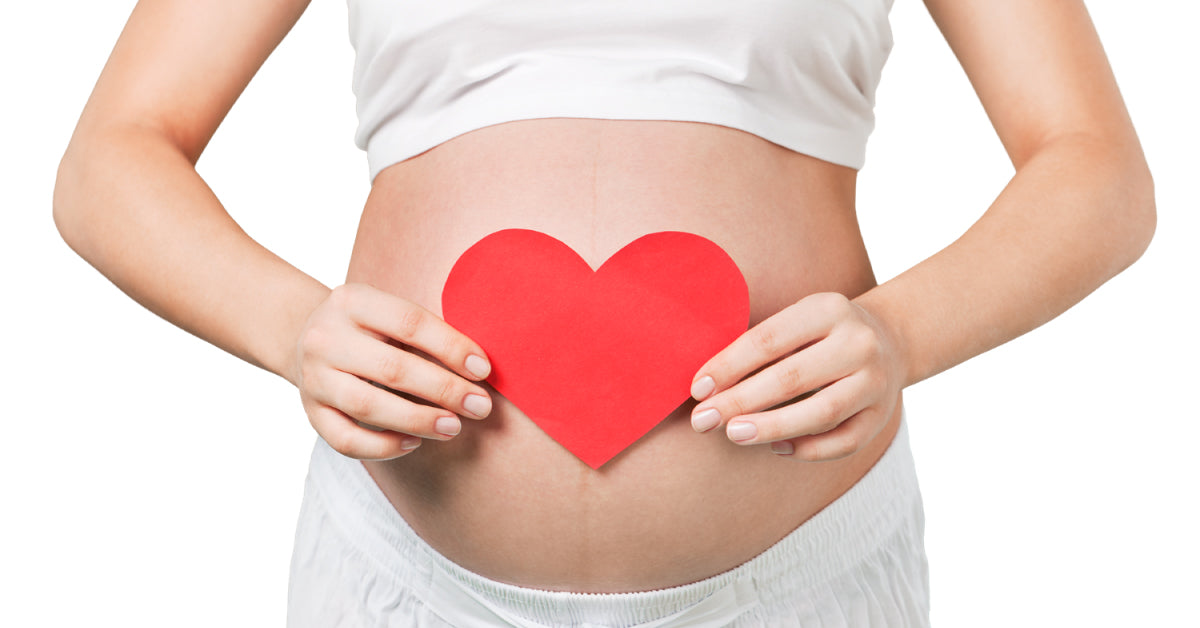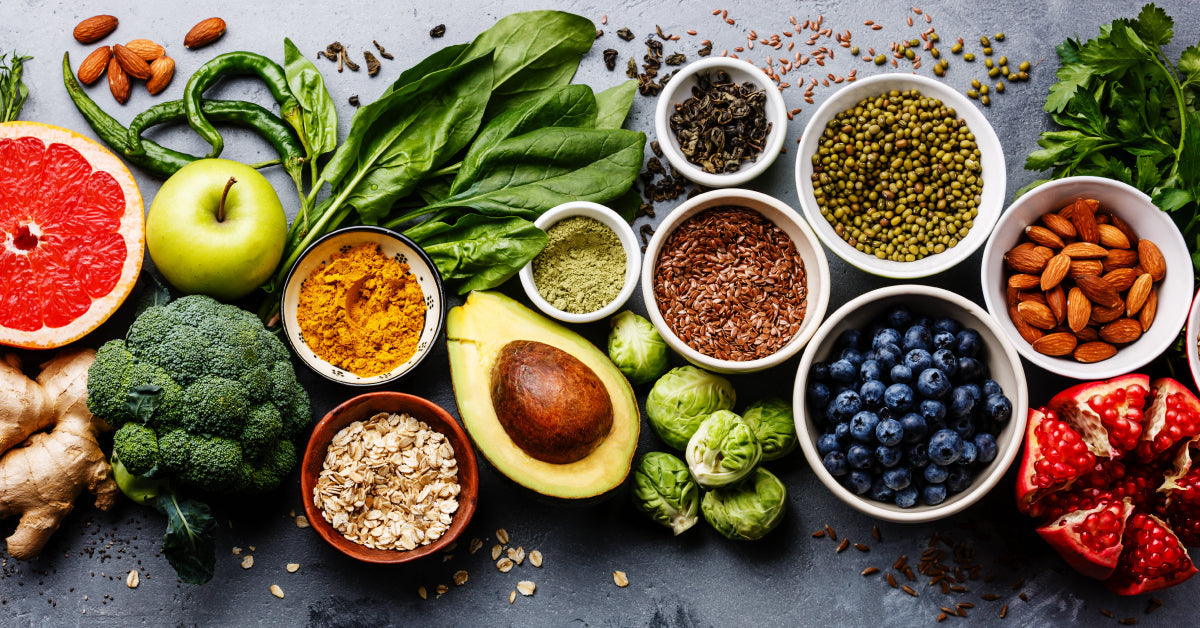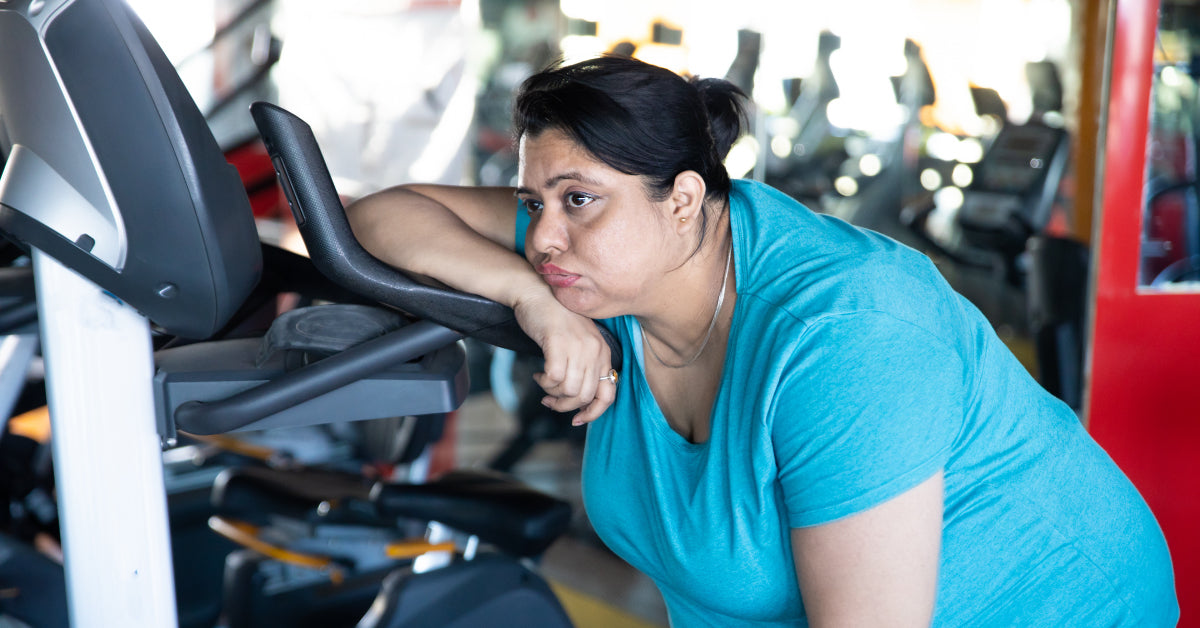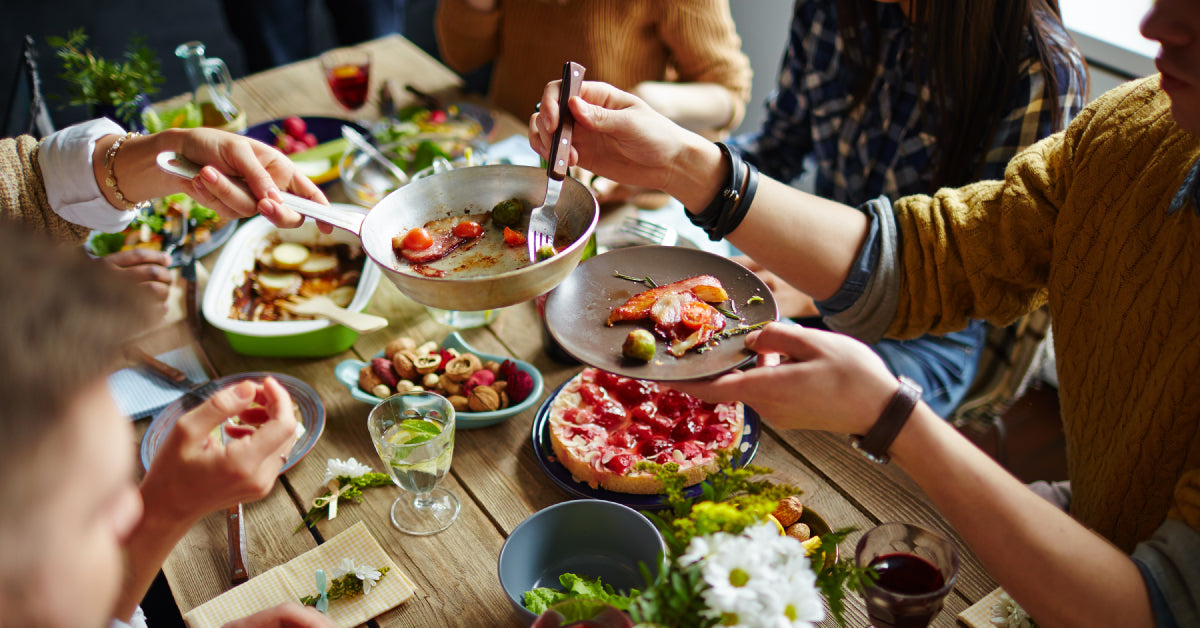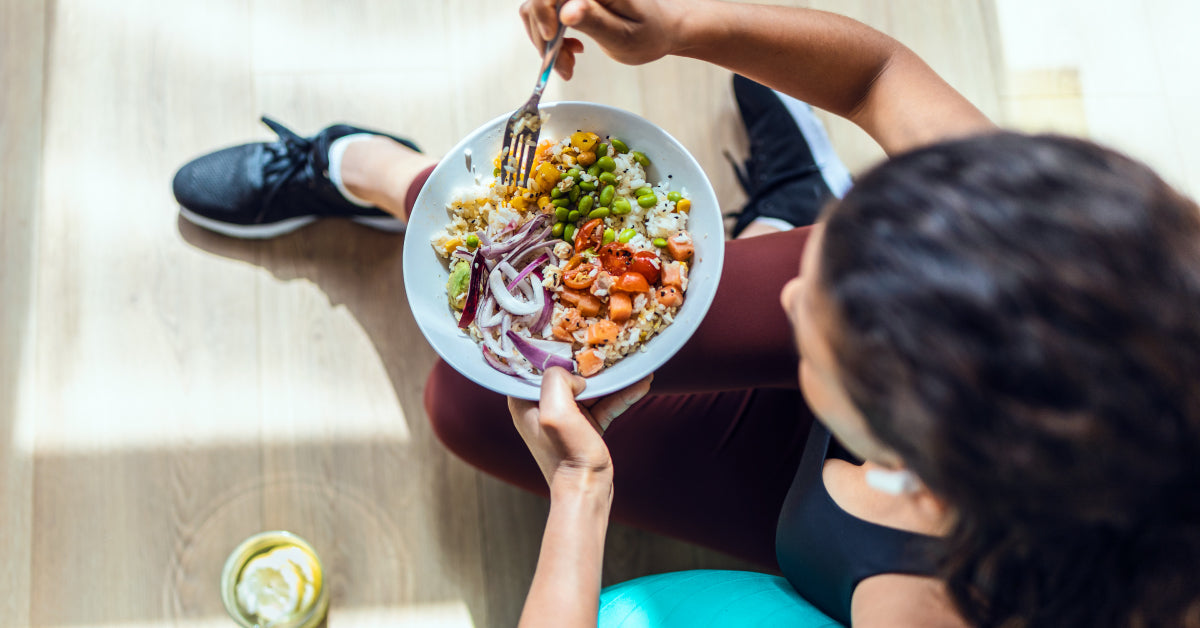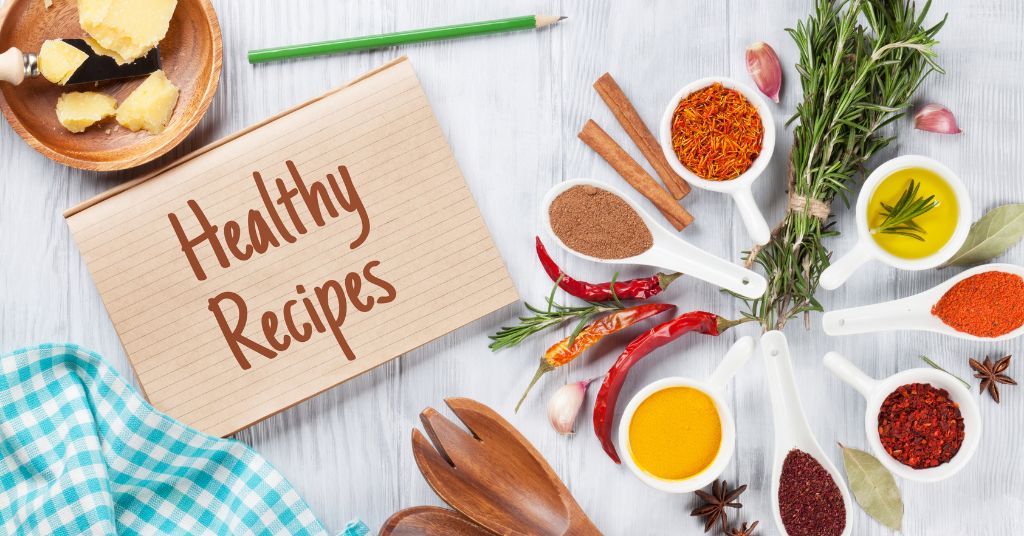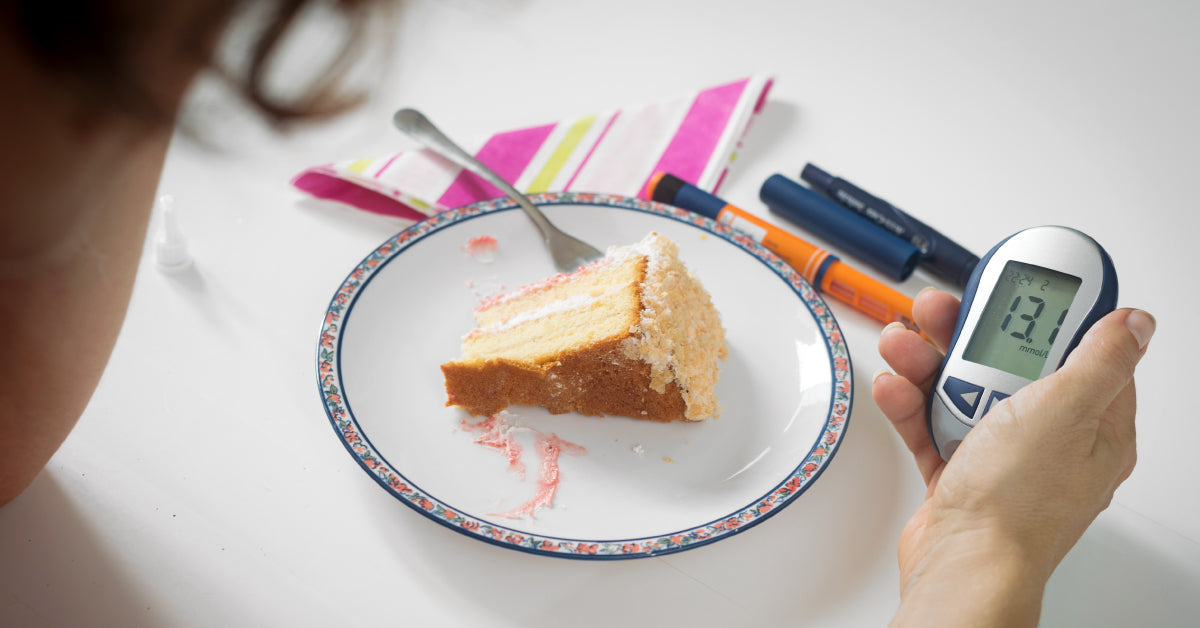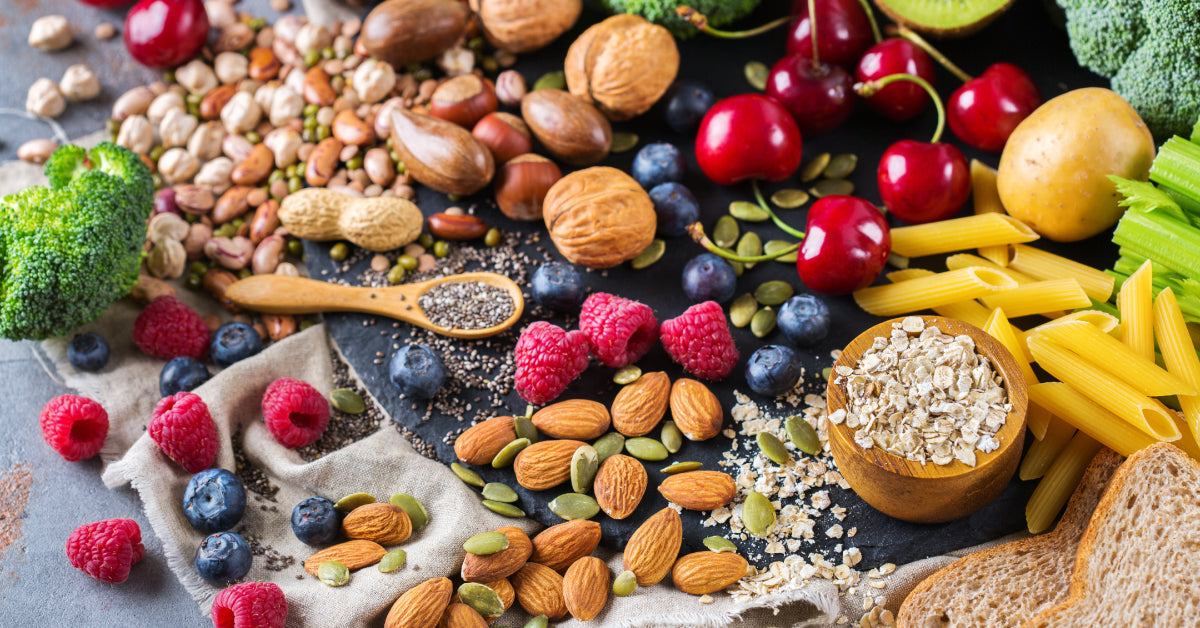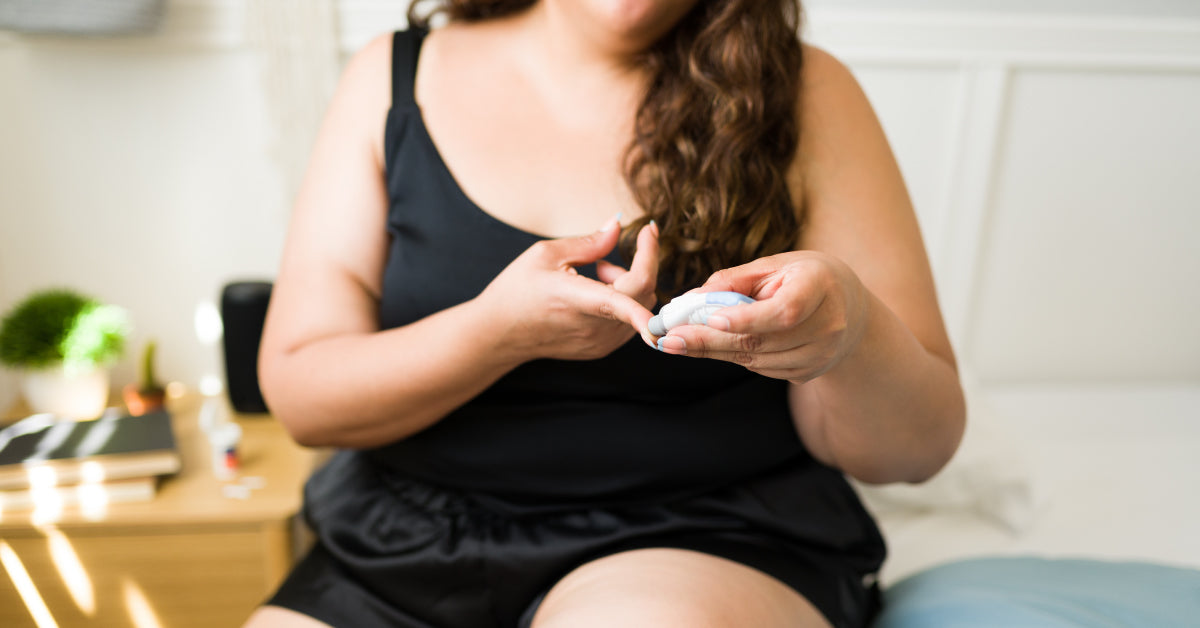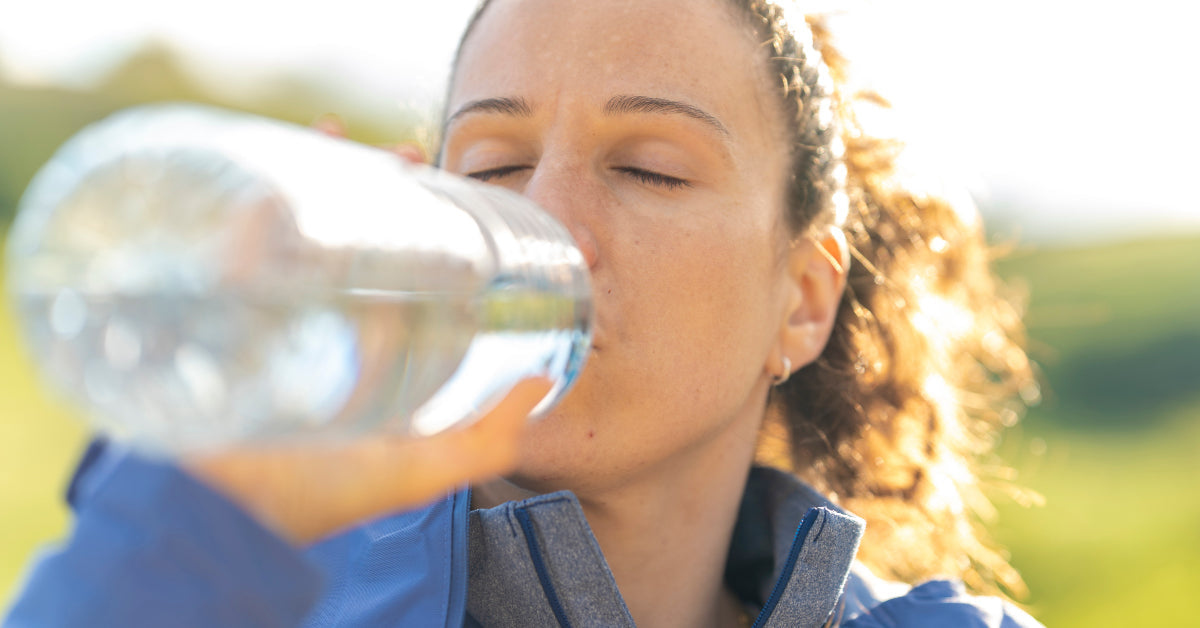It's no secret that diet is essential to managing type 2 diabetes symptoms.
While there is no cure-all diet that is perfect for everyone, dietary choices are important in keeping your blood sugar level in the safe range for managing diabetes.
The Basics of Blood Sugar Control
Type 2 diabetes is a condition in which the body doesn't make enough insulin. This can cause high blood sugar and symptoms such as:
- fatigue
- blurred vision
- increased appetite
- excessive thirst
- excessive urination
The normal blood sugar range for diabetics, as determined by the American Diabetes Association, is between 3.88 and 7.2 mmol/L before meals and less than 10 mmol/L a few hours after eating. You can use a blood sugar monitor to check your blood glucose levels and adjust your diet or medication accordingly.
Low-Sugar Diet
When someone with diabetes has low blood sugar (hypoglycemia), a spoonful of sugar or honey can help raise glucose levels. However, sugar is often considered the nemesis of diabetes because of how quickly it can spike blood glucose levels. If you have diabetes, you should closely monitor your sugar consumption, especially refined sugar and other forms of simple carbohydrates. In addition to low-sugar foods, you should also eat low-fat foods and follow a well-balanced diet.
Low-Fat Diet
Foods that are high in sodium, saturated fats, cholesterol, and trans fat can elevate your risk for heart disease and stroke. However, that doesn't mean you have to avoid all fats. Foods rich in good fats—monounsaturated and polyunsaturated fats—can help lower cholesterol levels. Try replacing meat with omega-3 fatty acid-rich cold-water fish such as salmon, mackerel, and herring. Olive oil, avocado, and nuts are also good sources of healthy fats.
Learn about diabetes and fatty liver disease…
Foods to Avoid:
- red meat
- bacon
- processed foods
- high-fat dairy products like cheese
- high-sugar fruits like watermelon, pineapple, raisins, apricots, grapes, and oranges
Balancing carbohydrates, fats, and sugars is integral to a diabetes-friendly diet. While processed and refined carbs are bad for you, whole grains and dietary fiber (good carbs) are beneficial. Whole grains are rich in fiber, vitamins, and minerals. Dietary fiber helps with digestive health and helps you feel more satisfied after eating.
Foods to Eat:
- leafy green vegetables
- nuts
- whole grains
- low-fat dairy products
- beans and peas
- fresh low-sugar fruits (blueberries, raspberries, blackberries, cranberries, pears, cantaloupes, grapefruit, cherries)
Starches
Starches are another type of food your body converts into blood glucose. They provide energy, vitamins, minerals, and fiber. Whole grain starches are the healthiest because they maximize nutrition and break down slowly into the bloodstream. The National Diabetes Information Clearinghouse recommends at least one serving of starch at every meal.
Foods to Eat:
- whole grain versions of bread, pasta, cereal, rice, crackers, and tortillas
Foods to Avoid:
- potato chips
- packaged snacks
- candy bars
When to Eat
If you have diabetes, you should eat smaller meals throughout the day to avoid unnecessary spikes in blood glucose. However, your body requires more sugars and carbohydrates during exercise, so eat before and after a workout. Your age, weight, height, level of activity, and other factors also affect your diet. Monitor and record your blood glucose level in response to food and create your own personal diabetes diet with the help of your doctor or dietitian.
Losing Weight
Losing a few extra kilograms will not only help your self-esteem, but also lower blood sugar and cholesterol levels and improve blood pressure. Regular exercise combined with a diet rich in whole grains, fruits, vegetables, and low-fat dairy products can help you lose weight. See the Manna Diet e-book to improve your health and fitness. Take the Manna Blood Sugar Support supplement with each meal to help control blood sugar levels, cravings, and appetite.




